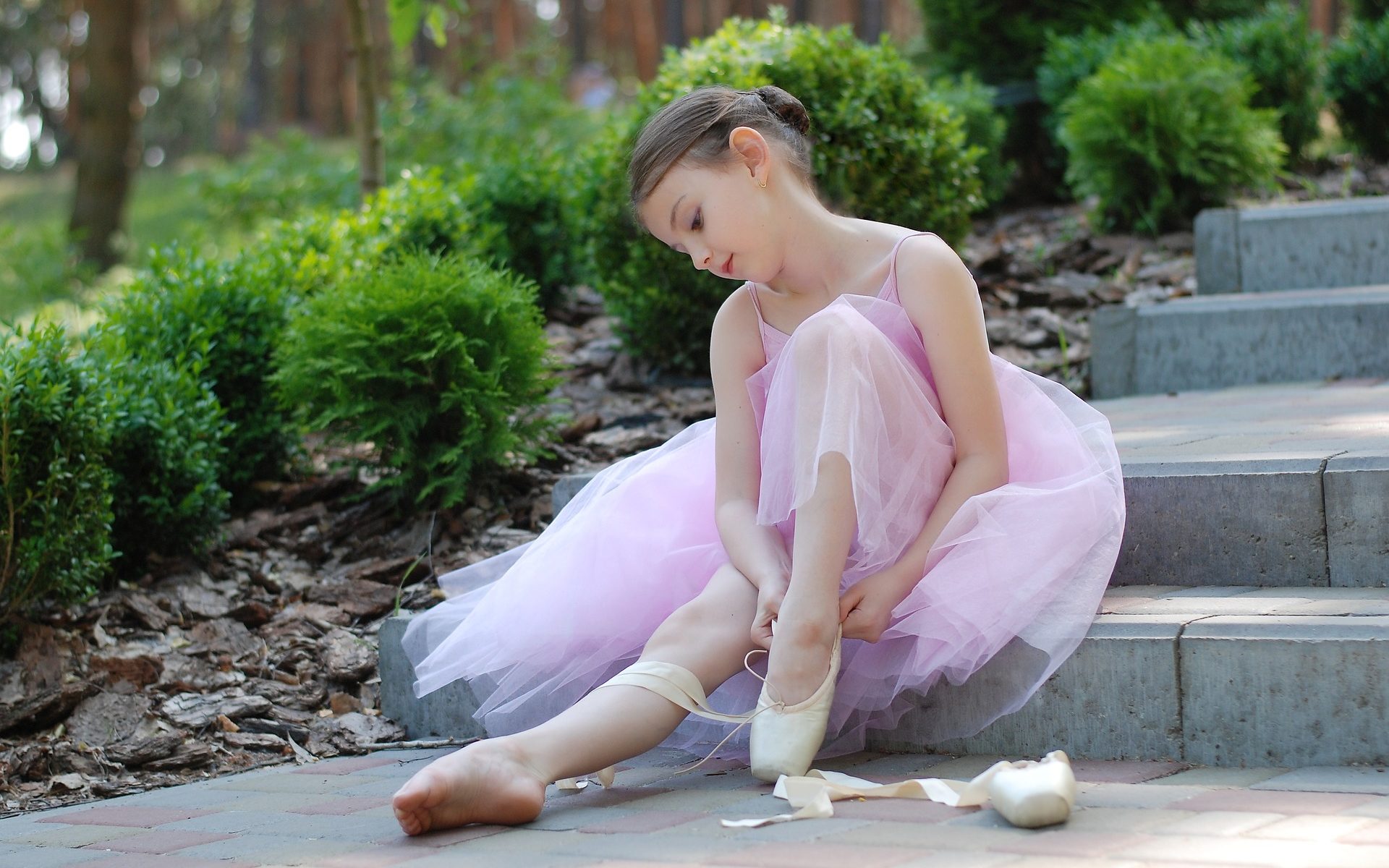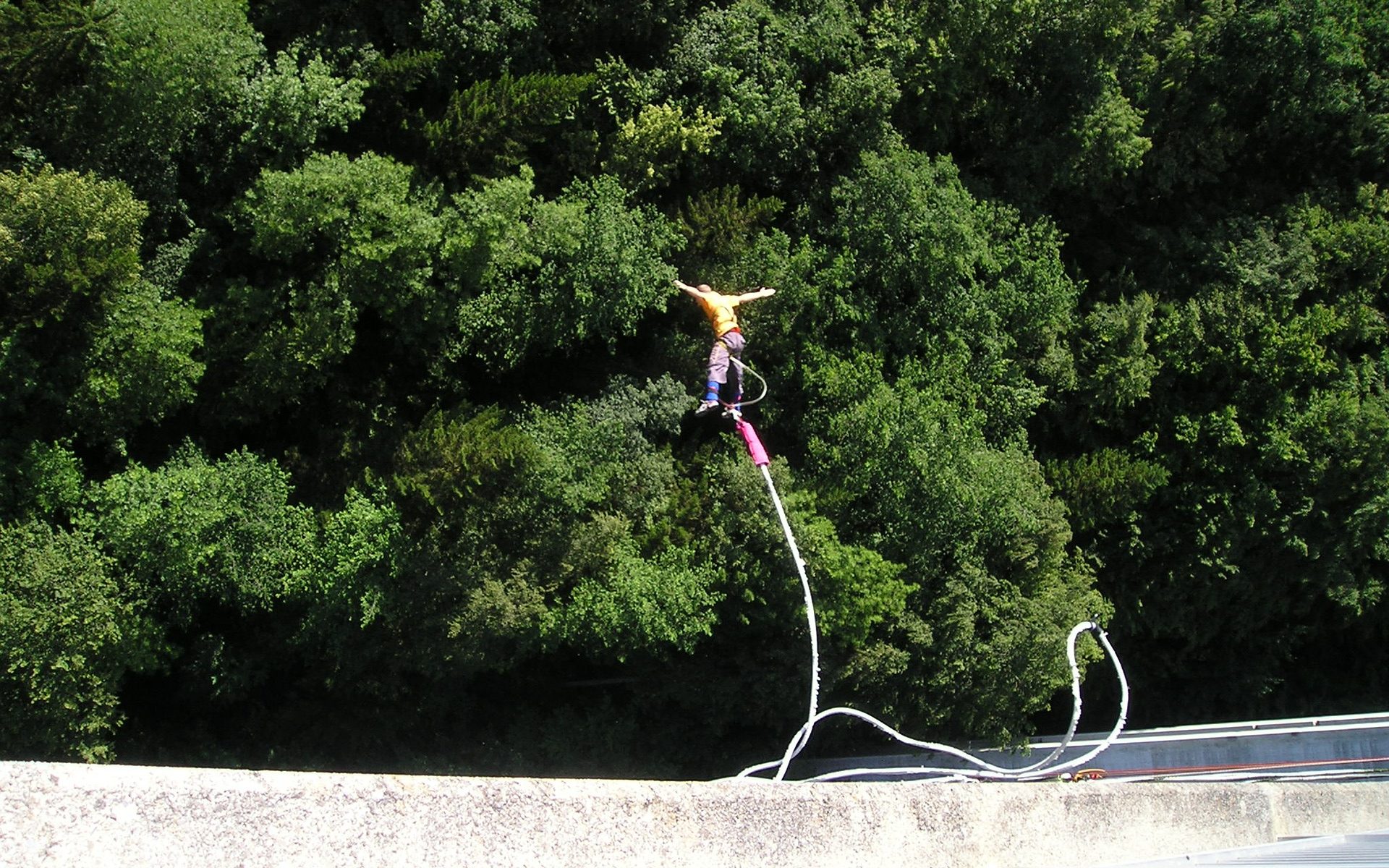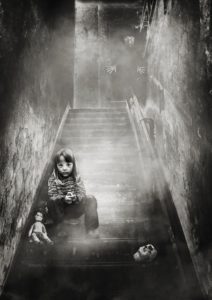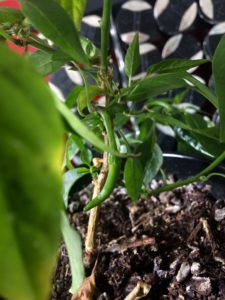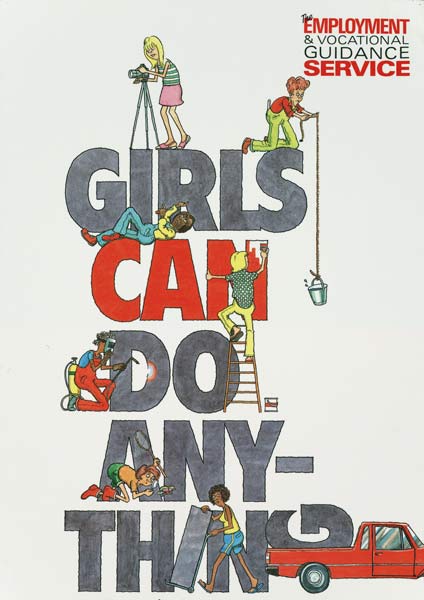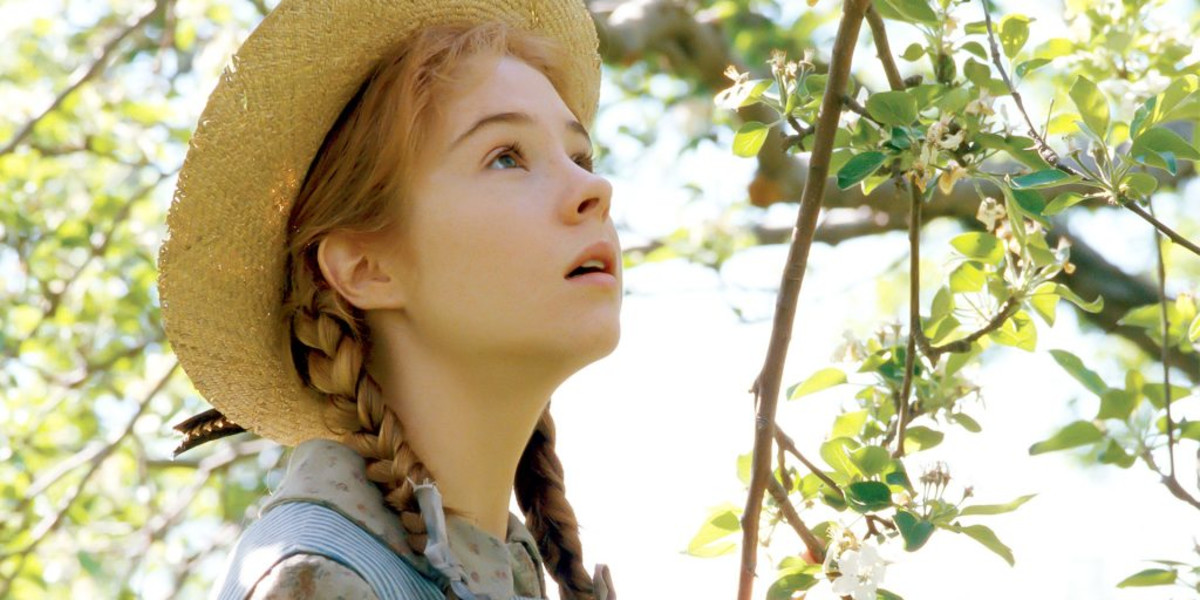Packed away, beautifully framed, is my Media with Expressive Arts degree. For four years I studied for that piece of paper while raising two children and working full-time. As a result of all that work, I watch films and television series with a critical eye and a reasonable understanding of the theories behind film making. It improves my film and television experience.
Which is why I was flummoxed when I couldn’t stomach the latest remake of a classic story. The emotive response was so strong it overwhelmed the theory.
I loved the mini-series, Anne of Green Gables (1985), before I read the books. To me, the televised version of the story was the original and despite having read the books multiple times over, I admit, a little ashamedly, I still do. So, I was excited at the prospect of my favourite characters coming to life again on Anne with an E (2016). Written and co-produced by Moira Walley-Beckett (from Breaking Bad fame), the remake has had a two series run. A third is in the pipeline.
Until Anne with an E, I believed remaking films was a valuable way of keeping stories alive and allowed for continued discussion of important themes. I believed creativity can be found in deconstructing existing works and putting them back together to create something new.
Even something better.
But, despite all my knowledge and academic reasoning, I made it through a only a handful of episodes before abandoning the first series.
I didn’t like this Anne Shirley. How was that possible?
I have now realised nostalgia beats out any special effects or divergent story lines, no matter how cleverly done.
On the surface, a version of the iconic story which includes bold feminism, LGBTQ rights, and characters of colour, would be a welcome way to retell the tale of an orphaned girl who arrives in Avonlea in 1876 to live with the aging Matthew and Marilla. But, if you’re going re-make any beloved tale, you need to have an understanding of your source material and a love of the original. Without these factors as a foundation, the reconstructed product will never stand up to the nostalgia of the original experience. At least not for long enough to become worthy in its own right.
Anne with an E doesn’t deliver on either of the foundational factors. It diverts so far from the centre of what made the original story great that is it barely recognisable.
Rather than a place for hope and inspiration, Avonlea is a hotbed of intolerance and misogynistic beliefs with some physical violence thrown in. Gone is the positive heart which made Anne Shirley so delightful. In its place is a PTSD-induced darkness which drives her behaviour. All the characters have an edge to them and many characters display an outright nasty streak.
As a prime example, the remake takes the theme of feminism and uses shock-value tactics, like the sexualisation of preteens, to highlight it.
Walley-Beckett does not seem to realise Anne was already a feminist. She went to university. She wanted a career. She walked ridge poles, rowed boats and she found kindred spirits in other strong women. She wasn’t focussed on marriage and babies or being the perfect, quiet, genteel girl. She understood society expected compliance but being true to herself was more important. She was a disrupter of the patriarchal norms and she was good at it. She didn’t have to discuss the sexual arousal of the school teacher to be “woke”.
Remaking a film to show its dark underbelly doesn’t have to be disappointing.
A remake which honors the original, knows the characters and yet disrupts the predicted narrative is The Dark Knight (2008). Like the Anne remake, it darkens the fictional world far beyond the originals and it does so with a deftness which continues to resonate ten years later.
Tim Burton’s Batman (1989) was my introduction to the caped crusader. I rented the VHS tape from the store many times and watched it at sleepovers and on rainy Saturdays.The soundtrack, by Prince, had chart success and The Joker, played by Jack Nicholson, uttered the iconic quote “Ever dance with the devil by the pale moonlight?” which still sends shivers down my spine.
In The Dark Knight, director Christopher Nolan, took a deliberate step away from the cartoon-esque, two dimensional characterisation of previous iterations of the stories. The Joker, played by Heath Ledger, became not just disfigured bad guy, but a deeply disturbed threat who revels in chaos. He took that pale moonlight and flooded the whole of Gotham with it. It is also a go-to movie for lazy weekends.
The social commentary in The Dark Knight is carried by Ledger’s version of The Joker. Being a flawed human in a system which doesn’t seem to care is something most people can relate to. “People call me a villain, a monster, but they forget that they’re monsters, too. I’m just being honest and accepting what I am, they don’t.” The wider commentary on the war on terror, in post 9/11 America, were confronting but not alienating to the audience. This is due to the creators truly understanding and appreciating the source of their material and adding relevant discourse.
The remaking of a film or television series can be a way to pay homage, to test creativity and to explore parts of a story left untold in the original. Nostalgic audiences have contributed billions to the financial success of these retelling endeavours. Those same audiences, however, will be unforgiving if the proper care isn’t taken by writers, directors and producers to ensure what makes an original great, isn’t lost in the translation. The power of nostalgia is far-reaching.
Tonight, I am going to unpack my degree, put it somewhere prominent and sit my nostalgic, unforgiving self on the couch to watch the original Anne of Green Gables.
*********************************
This piece was originally written for Round 2 of the Yeah Write Super Challenge. It has had feedback tweaks completed in this iteration.

Like this:
Like Loading...

